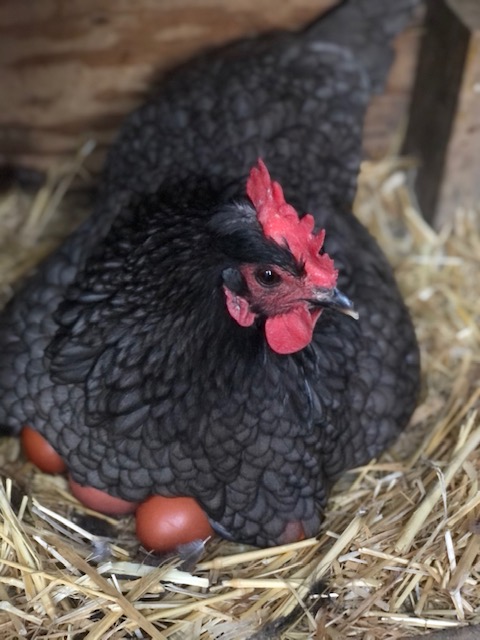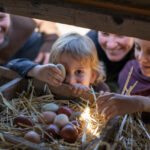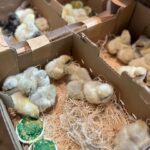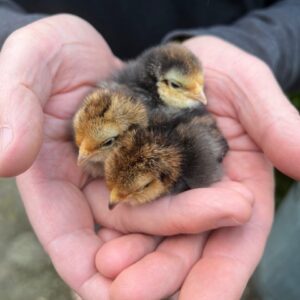Recognizing and Caring for a Broody Hen in Hot Weather: Essential Tips for Poultry Keepers
Broody hens play a vital role in natural poultry reproduction, exhibiting a strong maternal instinct and a desire to hatch eggs. However, when the hot summer months arrive, broody hens can face unique challenges that require special attention from poultry keepers. In this blog post, we will guide you on how to recognize a broody hen and provide essential tips to help keep her comfortable and healthy during hot weather conditions. By understanding their behavior and implementing appropriate care, you can ensure the well-being of your broody hens and increase their chances of successful hatching.
- Identifying a Broody Hen: Broody hens display distinct behaviors and physical signs that indicate their broodiness. Look for the following signs to identify a broody hen: a. Persistent Nesting: A broody hen will spend a significant amount of time in the nest, refusing to leave even for feeding or drinking. b. Defensive Nature: When approached, broody hens become protective and may peck or growl. c. Puffed Feathers: Broody hens fluff up their feathers to create an insulating layer around the eggs. d. Clucking Sounds: They emit low, rhythmic clucking sounds to communicate with their unhatched chicks.
- Understanding the Risks of Hot Weather: Hot weather can pose serious risks to broody hens due to increased heat stress. It is crucial to recognize these risks and take appropriate measures to mitigate them: a. Dehydration: Broody hens may forget to leave the nest for water, leading to dehydration. b. Heat Stroke: Overexposure to heat can cause heat stroke, leading to lethargy, panting, and potentially fatal consequences if not addressed promptly.
- Creating a Comfortable Environment: To support your broody hen during hot weather, consider the following measures to maintain a comfortable environment: a. Relocate the Nest: Move the nest to a well-ventilated, shaded area to provide relief from direct sunlight. b. Provide Fresh Water: Place a water source near the nesting area to encourage the broody hen to drink and stay hydrated. c. Natural Cooling Methods: Use techniques like misting or placing a shallow pan of cool water nearby to help lower the ambient temperature. d. Proper Ventilation: Ensure that the coop or nesting area has proper ventilation to allow fresh air circulation. e. Bedding Considerations: Use cool bedding materials such as straw or wood shavings that do not retain excessive heat.
- Nutritional Considerations: During broodiness, hens may reduce their food intake. To maintain their health and minimize the effects of heat, consider the following nutritional aspects: a. Balanced Diet: Provide a well-balanced and nutrient-rich diet to support the hen’s overall health and egg development. b. Cooling Treats: Offer chilled fruits and vegetables as treats, such as watermelon or cucumbers, to help cool the hen from the inside.
- Encouraging Regular Breaks: It is essential to encourage broody hens to leave the nest periodically to maintain their well-being: a. Gentle Disturbance: Gently lift the hen from the nest once a day, encouraging her to stretch, eat, drink, and relieve herself. b. Limited Time Outside: Allow the hen to take short breaks, around 15-30 minutes, before returning to her nest.
- Monitoring Health and Behavior: Regularly observe your broody hen for any signs of distress or health issues, such as heavy panting, loss of appetite, or decreased activity. If you notice any abnormalities, consult a veterinarian with poultry expertise.
Recognizing a broody hen and understanding how to care for her during hot weather conditions is crucial for the successful hatching of eggs and the overall well-being of your poultry. By providing a comfortable environment, promoting hydration, and monitoring their health, you can help ensure that your broody hens thrive even in the summer heat. Remember, your attentive care and understanding will contribute to healthy hens and the future generation of your flock.










